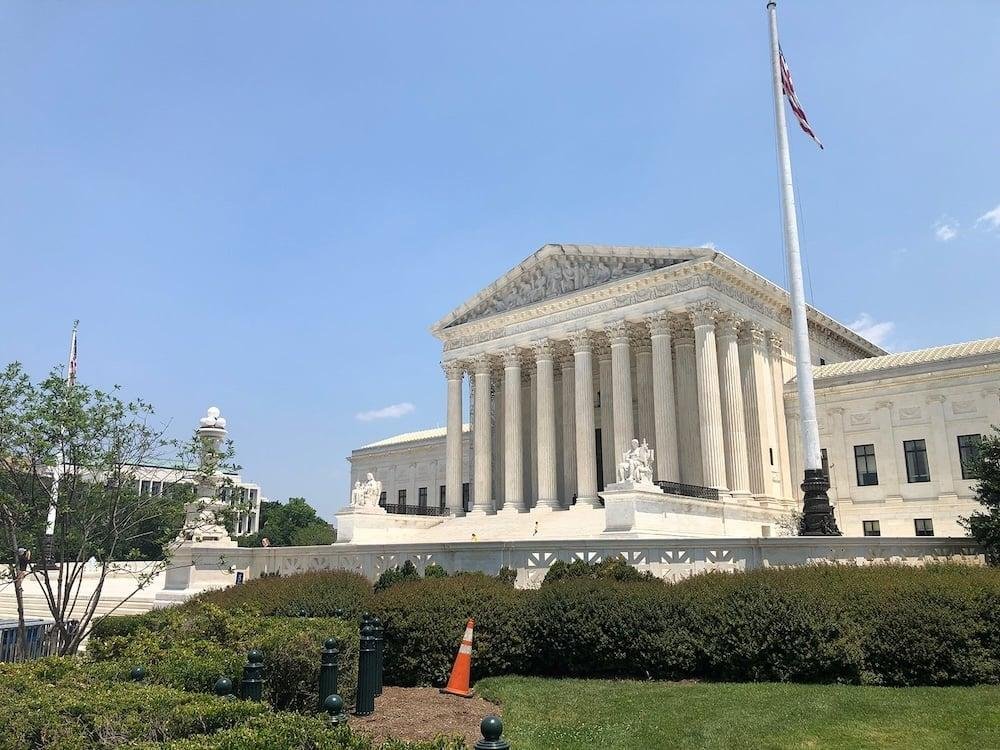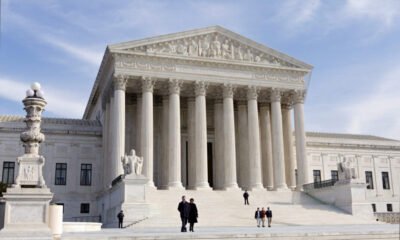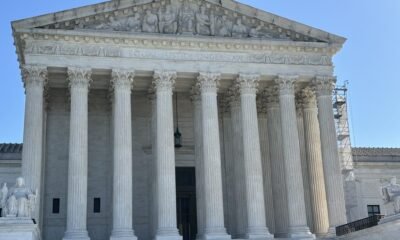crime
Supreme Court Delays Decision on Controversial AR-15 Ban

The Supreme Court decided on Monday not to include the ongoing dispute over Maryland’s assault weapons ban in its upcoming term, raising concerns that this decision might only delay future legal battles as similar bans emerge across the nation.
Justice Clarence Thomas expressed discontent with his colleagues’ choice, highlighting a pattern of avoiding key issues surrounding the legality of assault weapon bans for over a decade. “I would not wait to decide whether the government can ban the most popular rifle in America,” he remarked, emphasizing the significance of this debate for millions of law-abiding AR-15 owners nationwide.
Justices Samuel Alito and Neil Gorsuch also supported granting the petition, hinting at a 6-3 split among the justices on the matter. Typically, four votes are required for the Court to review a petition, suggesting a division in perspectives about the issue.
The majority of justices did not provide rationale for the denial. However, Justice Brett Kavanaugh indicated that a review might occur under different conditions in the future. He stated, “Opinions from other courts of appeals should assist this court’s ultimate decision-making on the AR-15 issue,” indicating that the topic may resurface soon.
Maryland implemented its ban following the tragic Sandy Hook Elementary School shooting, outlawing the sale, transfer, and possession of AR-15-style rifles and similar firearms, citing their correlation with numerous mass shootings. The state argues that these military-style weapons do not receive protection under the Second Amendment due to their design.
In 2020, Maryland resident David Snope filed a lawsuit against the state, claiming that the prohibition infringed upon his Second Amendment rights. Although a lower court dismissed his case, the Fourth Circuit upheld that decision. However, following the Supreme Court’s landmark 2022 ruling in NYSRPA v. Bruen, the Fourth Circuit revisited the matter but delayed its ruling for over a year, ultimately denying Snope’s appeal once more.
Snope contended that the Fourth Circuit’s ruling undermined the constitutional protection for firearms widely owned by Americans. He articulated concerns that if Maryland’s ban holds, then no firearm would enjoy protection under the Second Amendment except handguns, as determined in the Supreme Court’s 2008 ruling in District of Columbia v. Heller.
Thomas pointed out that, in Heller, the Court recognized handguns as protected under the Second Amendment due to their prevalent use for self-defense. He criticized the Fourth Circuit for not applying the “common use inquiry” that would have established a lawful standing for AR-15s, citing fears of establishing absurd precedents.
The justices previously declined to consider another challenge related to Maryland’s handgun licensing regulations earlier this year, indicating a cautious approach to Second Amendment matters currently facing the courts.


















